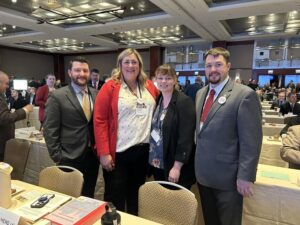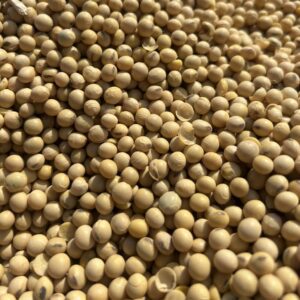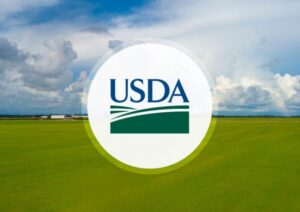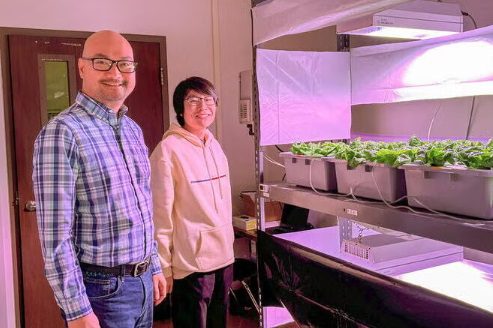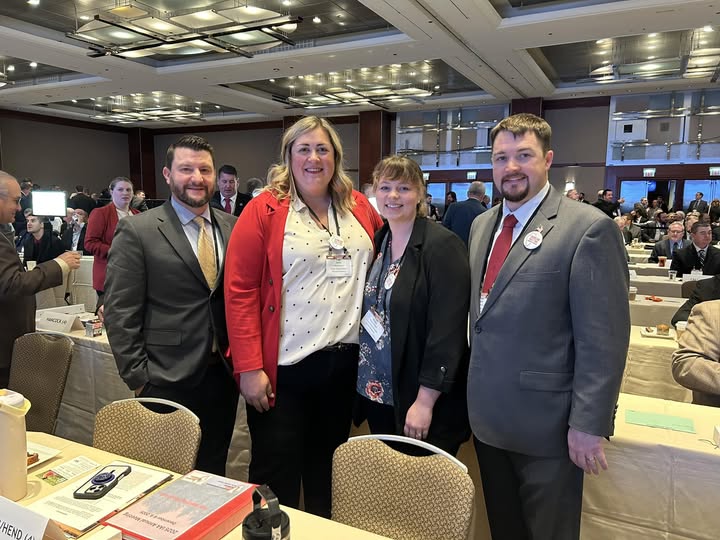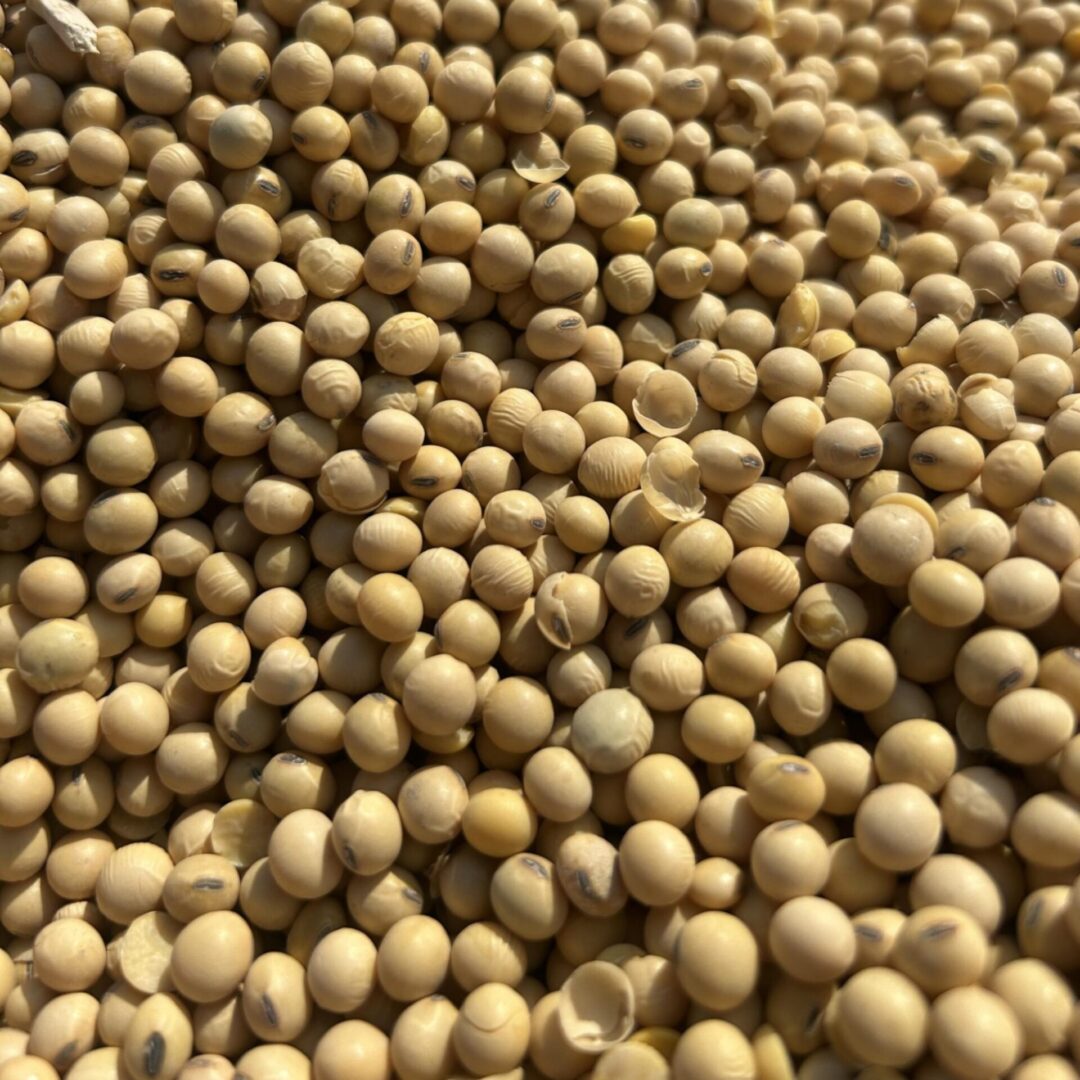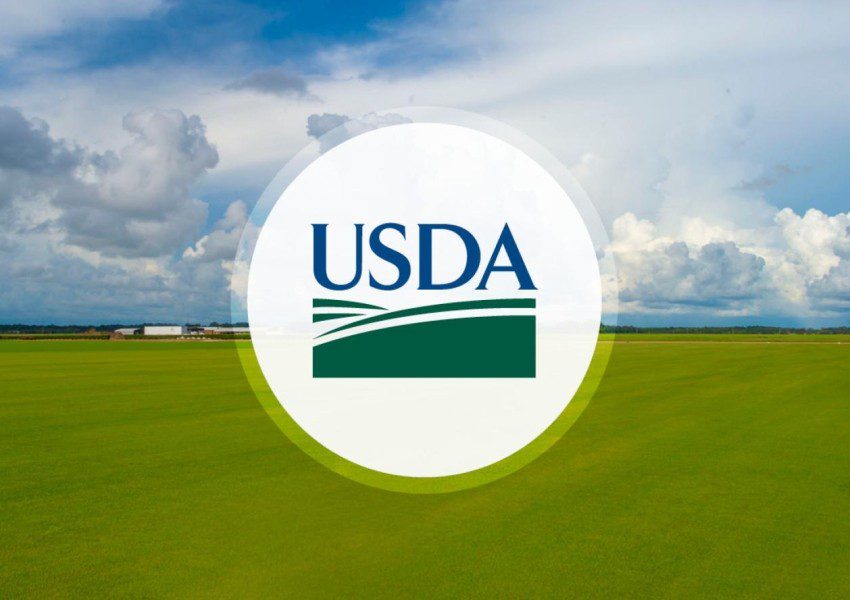Studies show that feed is the number one cost when running a cattle operation, with hay making up a large portion of that cost. To help mitigate the cost of hay in a producer’s operation, many have turned to grazing lands to offset that cost. The longer producers can graze into the season, the greater the impact it will have on the operation’s profitability. To help producers learn more about their grazing setup or get started with one, Christian Lovell with the Illinois Grazing Lands Coalition says the Coalition is hosting a Grazing School in Macomb on September 6th and 7th.
“We bring in experts, really from across the state, folks from Extension, folks from industry, folks that have been doing this sort of stuff for four years- if not decades. And we look at this as a beginner or intermediate level school and will host an advanced grazer workshop in the future,” says Lovell. “There will be discussions on how to get started with a grazing setup, and what we mean by rotational grazing, adaptive grazing, grazing, all of these terms to improve pasture and soil health. We will dive into those topics as well. And then we’ll have more practical sessions too, about fencing and water systems, how do you how do you know when to rotate your pastures?”
The Macomb Grazing School will be held on former Illinois Beef Association President Trevor Toland’s ranch. More information can be found on the Illinois Grazing Lands Coalition website.





